- English
- DEUTSCH
- SPANISH
- FRENCH

One of my core aims is to become a full charity trustee soon and I felt that the opportunity to join the Governance Apprenticeship Programme would prove beneficial and place me in a good position to achieve this outcome.
Another factor was that in addition to gaining invaluable experience on governance and board structures, I would also gain exposure to a slightly different sector to the one I would want to eventually end up in.



The experience so far has been eye-opening. There has certainly been an increase in several areas of my knowledge, in particular what good governance means and how this can be displayed.
Audit has been another area I feel being a Governor Apprentice has helped improve my knowledge and expertise in. I am really enjoying the fact that decisions made are impact led and grounded in moral and ethical discussions rather than a pure focus on financial outcomes etc.
This has served to lift my soul, something that I was not expecting to be a by-product of the programme.
Conversations with my mentor have proved very useful in providing a steer on what is happening within the board. It has helped that there is a very human perspective to the board where I have felt able to add value in bringing my own perspective to bear knowing that it will be taken into consideration.
Committee meetings also played a pivotal role in shaping my understanding as well as contextualise the goings on at full board meetings.
I have not currently confirmed a full trustee role, but I am in conversations with a charity Board at present. The exposure to governance from this programme and being proactive in searching for opportunities have proven to be positive thus far.
I think one of the more essential things to do prior to applying is getting your employer on side fairly early on in your thought process.
This will give you peace of mind in terms of any capacity concerns that may crop up once you become an apprentice and may help shape which of the opportunities/institutions you end up submitting an application to.
One of the ways I found useful in doing so was by thinking in terms of value added not just to you but how the programme can also benefit your executive work.
Try to really get to grips with the expected time commitment as they vary depending on the institution, so perhaps a timetable of meetings will be useful to look at prior to applying or even the previous years’ timetable to get some idea of what to expect.
Read more about Lucy here and find out more about the programme here.

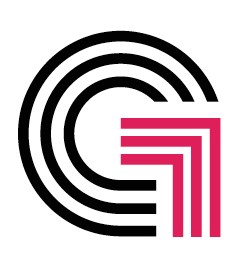
Firstly, I didn’t think it was possible to have this experience – so that was the first significant moment, to think it was possible rather than impossible. Once you find an opportunity, the rest is down to a number of other factors. I am really delighted, and was delighted to join Bristol. In hindsight, I didn’t know much about the University before the interview. But I was fortunate because of my background in the sector, and they asked very general questions about the climate of the sector, what universities could do to improve, and I made the connection with the fact that no university is on its own, they need to be broader in their outlook. My having that thinking made them realise that I might help them with their own thinking too.
You really get to see the inner workings of the board. I have been on the presenting side, but not on the other side of the table, asking the tough questions. I could see the rigour of the process and the responsibility that board members have. This is about the strategy and the future of the great institution that has been around for a long time.
They make some key decisions and I was late to the party so you don’t realise how much goes into decision making. I have now seen these decisions being debated, and a number of board members ask really difficult questions to make sure there is a clarity of action.
A number of board members have come to me and given me advice. They have advised that I shouldn’t think I am there to ask questions about anything and everything: think about what your area of value is, and your area of expertise. Sure enough, there was a topic that was more specific to technology and very quickly I highlighted to the Chair that this was important and we must pay attention. If there hadn’t been someone with that technology experience on the Board, they may have missed that.
This is something I have learned over the process. Initially, I put myself in the place of a student, waiting to be fed the information, but then I shifted to act as if I was a Board Member – and asked myself what I would do in that situation.
I reached out to board members and offered my help; the first time around I was waiting for people to tell me what to do, but since then I am putting myself in a different position and it has really opened doors. I have been asked to meet with a few members before the next meeting.
We all attended an event that the Bristol Mayor was due to attend, and I had to leave before he arrived, but I sent him a note to say thank you for the evening, sorry we didn’t get to meet and so forth, and he invited me for lunch! I was really surprised.
My Mentor has been really helpful. He is from Oxford but has spent his whole life in Bristol, he is very passionate about it and very supportive. He is the first person I go to for advice and for help; we are arranging to meet before the next board meeting.

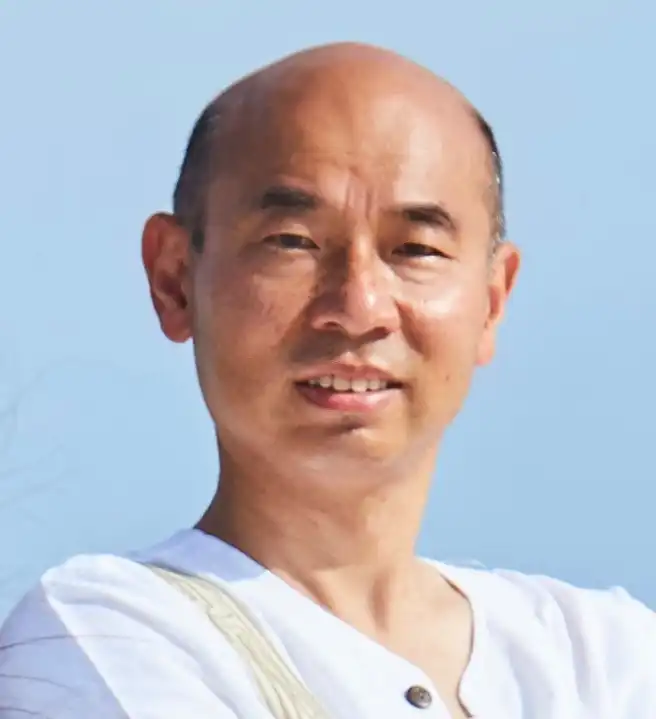

I have definitely learnt a lot. In any meeting, if you have more than 5 people, it is difficult. But this is 20 or more, so the role of Chair is key, and the skill in getting through the agenda and making sure people don’t feel excluded is important. I have learnt so much just from observing the Chair.
From observing my peers, the majority of the board members are unpaid, they aren’t in it for the money, but are doing it because they have something to do with higher education or Bristol, and it is all about giving back, not about anything else. It helps to have a very different kind of culture and involvement in that sense; people are willing to help and have conversations with me.
The first question is to ask what your motivation is – what do you want to get out of this? It isn’t money or prestige. For me, I work in the Higher Education sector for my job, and I’m involved in my spare time as a student, and I have a great interest in understanding the inner workings of the sector. I am delighted to have the opportunity to have that – and it helps me as a student, it helps me in my day job.
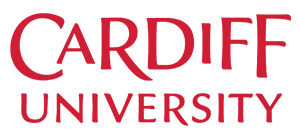


I had already a goal of being on a board. I have had mentors before on boards and hearing their experiences and the impact they can have at board level sounded really appealing. It seemed like a good way to channel my knowledge and skills to have a higher impact. I do a lot of volunteering which is really nice, but I felt my skills could be better utilised at board level.
I had no idea what the path to board appointments would look like, and I put that plan on the back burner thinking maybe if I keep volunteering and keep participating, these opportunities will come naturally. But I didn’t have a clear plan of how to make that happen and if I hadn’t had the existing relationships [with the charity I have joined], it might have been harder.
When I heard about GAP, it sounded like a great fit. It would give me some first-hand experience, allow me to understand if my perception matched reality, and build the credibility of having done this before. It helped me one step further on my journey towards being a board member.
You can read about what it is like to be on a board, about governance, and other people’s experiences, but actually being in the board room while the conversations are happening is very different. You pick up on the dynamics, the value that board members bring, and their perspectives. It changed my opinion about what makes a good board member: I thought it was the knowledge and the skill, but through this experience, I have seen it is also about how you push the organisation to be better, to help the executives think bigger and differently, and to help uncover blind spots. You are there to be that resource, but you aren’t there to run the organisation.
The mentor relationship was essential. As a Governance Apprentice you are shadowing those meetings, so it is a very different approach than if you were actually the board member.
So, when reviewing the documents, it was important that I was across everything that was discussed to know what was on the table. I have been meeting with my mentor before each meeting and we would talk about any areas I didn’t understand, or any thoughts that had immediately sprung to mind on reading the papers. It helped me to uncover what she and I perceived as the most important things.
Generally after the Council meetings we would discuss what had happened and she created a great space in which I could share my observations.
The Cardiff Board dynamic might not be universal but my mentor sits on multiple boards so we could talk about what happened and what the norm is. I could also raise any points I wanted clarity or context on – for example, if some people were pushing on one point, and the reasoning behind that. With the other members of the Board, everyone was so welcoming, and I met with the Chairs of each sub-committee as well.

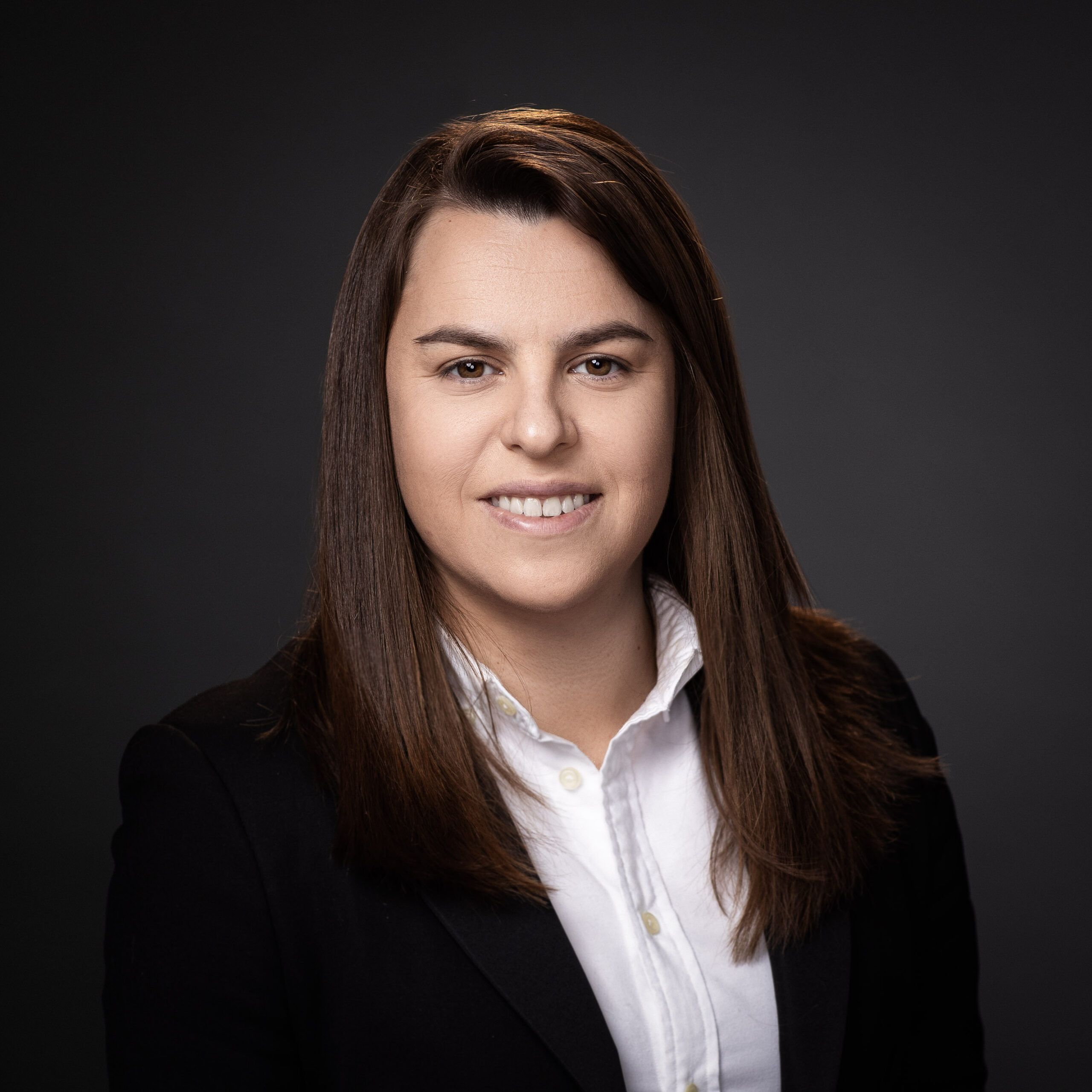

The Chair of a charity which I have known for a few years now reached out to me. He saw on my LinkedIn that I was doing GAP at Cardiff and said they were in the process of recruiting a new member. He wanted to chat and see if I would be a good fit for the board of this organisation. In some ways I feel that I had nurtured it for a long time having, having been active with the organisation for a while, but GAP was an important signal – I had no idea he was looking for a board member because it wasn’t advertised anywhere.
It is a small charity, and this is the first time they are replacing people on the board, but my participation in GAP helped send the signal that this was something I wanted to do. It opened the door, and once that was open, having the conversation with the Chair, I sounded a lot smarter! I knew what I was talking about, even though I didn’t have first-hand experience of being a Trustee, I could relate to what he was talking about, I could draw parallels between the Charity and my own experience on the programme and could talk about my learnings and perspective.
I have been to every single meeting of the Council, as well as the strategy days. Every single one has been different for different reasons and if I had missed one of them, I would have missed out on an opportunity to learn. You can make the most out of it if you are fully committed and immerse yourself into the experience as much as you can. Some parts of the programme can be led by you, and I find you get as much as you ask for.
It is a hugely valuable experience and the fact that the Board is opening up their doors for someone to experience what being on a board is like is incredible, and it is a way to do it with low stakes; you aren’t suddenly thrown in and it gives you a cushion to learn and practice. I feel a lot more prepared and confident going into my new trustee appointment. Throughout the process of getting the trustee role, I have talked to my mentor at Cardiff about it, and she has really opened my eyes to things I hadn’t considered, like vetting the charity, for example. Having that in tandem is great.
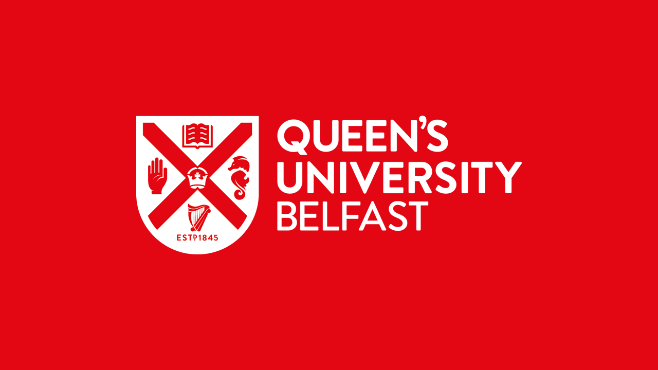

Sitting on boards was something I saw for my career; I hadn’t had a set career route and structure and so there wasn’t really a route for me to go on to boards, but I always wanted to get involved. I have a passion for and interest in education as a transformative force, and universities have such impact.
GAP was an opportunity to get more experience, to observe, to learn, and to gain insights into that world. I was also interested in sitting on a board for a large organisation.
Because I run programmes in my day job (I run a consultancy where we provide entrepreneurs, innovators, and people running businesses with programmes), I understand what it means to be in one of these programmes. I was aware I’d have to hustle and ask for what I wanted to get out of the experience, so I went in with that mindset.
I have spoken to all the Board Members and met some of them for coffees. After my initial mentor didn’t have the time to fully engage, I asked one of the other Board Members to mentor me for the year and to be able to get his insights on the challenges the University is facing, the politics, and the complexities, is incredible. QUB have been really open to engaging with me and have arranged for me to have a tour of East Belfast so I could get to know the area better.
I thought most of the experience would come from the board meetings but there are so many additional pieces to learn from. This process has demystified board work. It is not what I expected: I thought I would get more from the technicalities, but it is more in the subtleties. My mentor is a former Permanent Secretary and has had to be in tune with the political reality in which the government operates; when you do that, you are respected and you gain trust, and that was really insightful. Everything that we do advise on or challenge on has to be within the boundaries of the University’s reality. The subtleties of conduct, how to challenge, how to command a room, how to advise, have been really useful to see.
I came into the programme knowing that most of what I got out of it would come from me pushing for it; I emailed the Registrar, for example, who has been really helpful. QUB have been really accommodating and open to discussing some of the more challenging aspects.
I have also connected the University to Innovate UK, through their entrepreneurship department, and I’m going to be speaking at their Graduate School soon (the opportunity was shared to the whole board and I asked to speak, and they were open to it).
From my own programme I know that the entrepreneurs who are most successful are the ones who come in and hustle, so I am aware of it and have been creating my own opportunities. I can imagine if your university is busy, or there are sensitivities, you could feel a bit lost, not knowing where or when to push. But I wouldn’t be afraid to ask questions if things are unclear.
I’m trying to add value to the University – I am in touch with their entrepreneurship team and have connected them to a funder who wants to fund innovation in people aged between 18 and 25, and Northern Ireland is an area of focus for them. I’ve also been lucky enough to go across to Northern Ireland a few times.
Be proactive and think about how you can benefit the University. Keep the end goal in mind.
To find out more about the programme please visit: https://www.diversitygap.co.uk/
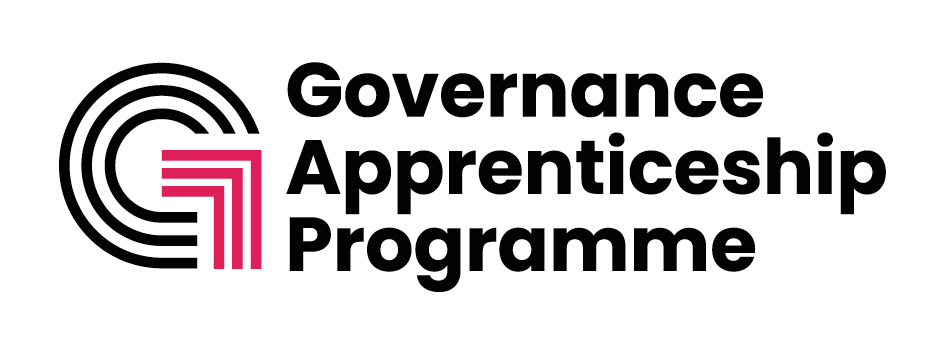
I’ve recently joined the Advisory Board of the Migration Museum, based in Lewisham, which GAP gave me the confidence to go for. I am now thinking about other board applications and feel more ready to take that on and to talk about my experiences. Now I also have a view of the politics of managing a large institution.